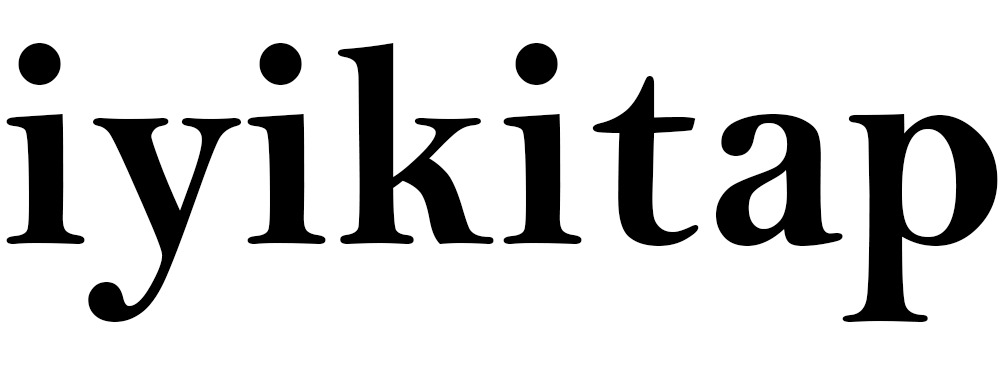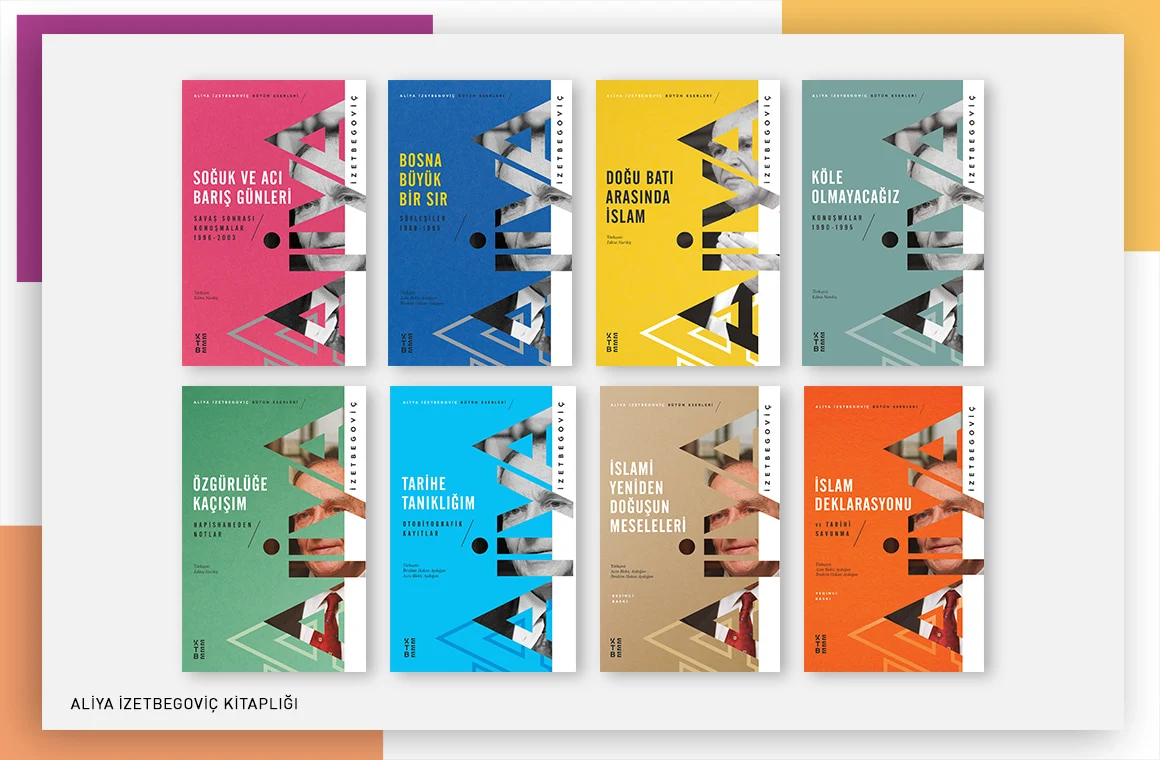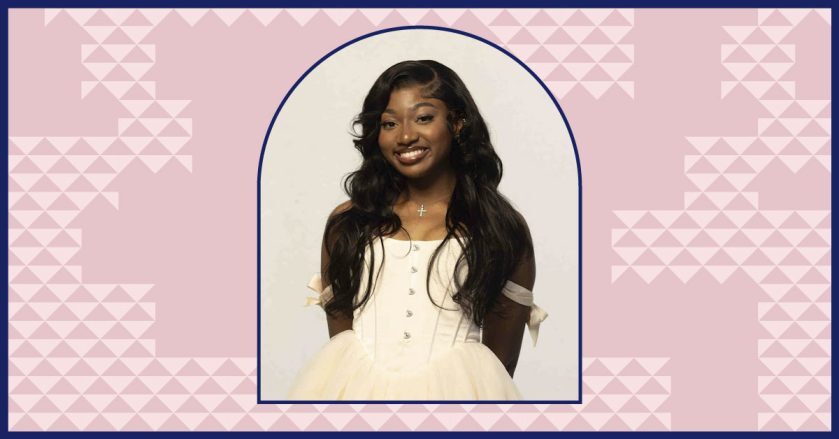Kimberly “Kimmy” Nwokorie is a popular BookTok creator known for her vibrant book reviews and engaging content that brings literature to life for her followers. She has built a strong community by sharing thoughtful recommendations, diverse book discussions, and her passion for storytelling. Kimmy’s videos often focus on amplifying underrepresented voices in the literary world and encouraging others to explore new genres and authors. With her authentic and relatable approach, she has become a trusted influencer in the book-loving community. You can connect with her on Instagram and Booktok , @kimmybookss.

W
hat are the ingredients that make for a successful feel good book?
Characters who feel real and who you care for, caught up in situations where you’re worried for their wellbeing—and everything coming good in the end!
You’ve chosen five feel good books to recommend. Could you introduce us to the first? It’s a memoir that takes unusual form.
This is the Encyclopaedia of an Ordinary Life by Amy Krouse Rosenthal. It’s a non-fiction book about an ordinary woman who makes an encyclopaedia about her entire life.
Let me offer a snippet from the alphabetised entries to give our readers a sense of the format.
CAR WASH
Every time I go to my local car wash, the owner peers inside, throws his arms up, and says, Oh, Miss—very dirty. Very, very dirty. I’m sorry. I didn’t know I was supposed to bring it in clean.
I remember Amy Krouse Rosenthal from a very moving ‘Modern Love’ column she wrote shortly before her death, ‘You May Want to Marry My Husband’. Why this book in particular?
It’s a unique concept which is very well executed and very funny.
The second book on your list of feel good books is The Unlikely Pilgrimage of Harold Fry by Rachel Joyce. Tell us about it.
A tender tale of an elderly man who walks from one end of the country to another without hiking boots, a map or mobile phone in order, so he thinks, to save someone’s life. It’s a warm, funny and moving look at life in all its complexity.
How important, do you think, is plot versus a book’s more general style or concept? What makes it most memorable to the reader?
I think character is the most important thing to get right and if you manage to do this, everything else will flow from it.
The third of the feel good books you’ve chosen to recommend is Falling Towards England by Clive James. What do you admire about it?
I’m in awe of his ability to weave such a vivid tale of his childhood encompassing real tragedy like the heartbreakingly sad tale of losing his dad during the war while still being one of the funniest books I’ve ever read.
When you start writing a novel, where do you begin? Is it a character, an arc, a feeling?
I often begin with a question. For example in my latest book, Hope Street , I was curious about those news stories that pop up from time to time about someone in, say, a tower block or street earmarked for demolition refusing to leave and couldn’t stop thinking about what might make someone do that.
The fourth book on your list is The Keeper of Lost Things by Ruth Hogan. This book has sold more than a million copies since it came out in 2016. Why do people find it so appealing?
It’s about an elderly man who has spent his life collecting lost objects in a bid to atone for breaking a promise many years ago. It’s just such a lovely idea with some absolutely beautiful writing.
Do you think it’s always necessary to have a romantic strand in the plot of a feel good book, to get that heartwarming pay-off?
No, not always. It could be about relationships between siblings or friends for example. I think what the reader wants is to see the characters they root for get their happy ending whatever that might look like. It doesn’t always have to be romantic.
The fifth book you’ve selected is And Then There Were None by Agatha Christie. Interesting inclusion—why have you selected it in this context?
It might seem bizarre choosing a crime novel as a ‘feel good’ book but I think there’s something so deeply satisfying about so many Golden Age mysteries in that broadly speaking, the villains get their comeuppance and justice is served, albeit belatedly and after a high body count.
Do you think it’s always necessary to have a romantic strand in the plot of a feel good book, to get that heartwarming pay-off?
No, not always. It could be about relationships between siblings or friends for example. I think what the reader wants is to see the characters they root for get their happy ending whatever that might look like. It doesn’t always have to be romantic.
The fifth book you’ve selected is And Then There Were None by Agatha Christie. Interesting inclusion—why have you selected it in this context?
It might seem bizarre choosing a crime novel as a ‘feel good’ book but I think there’s something so deeply satisfying about so many Golden Age mysteries in that broadly speaking, the villains get their comeuppance and justice is served, albeit belatedly and after a high body count.







